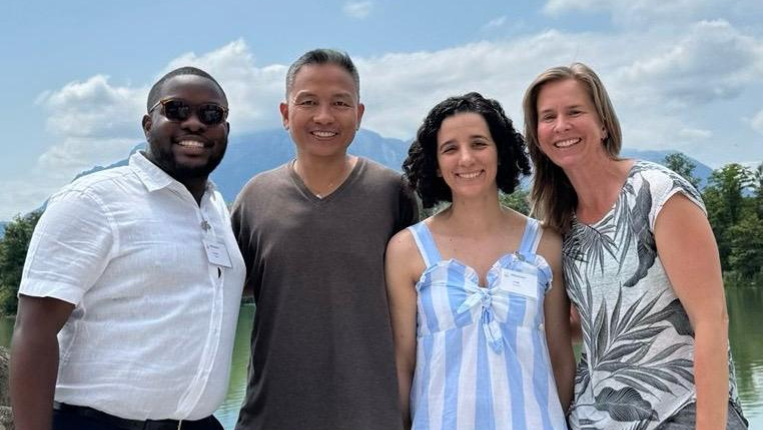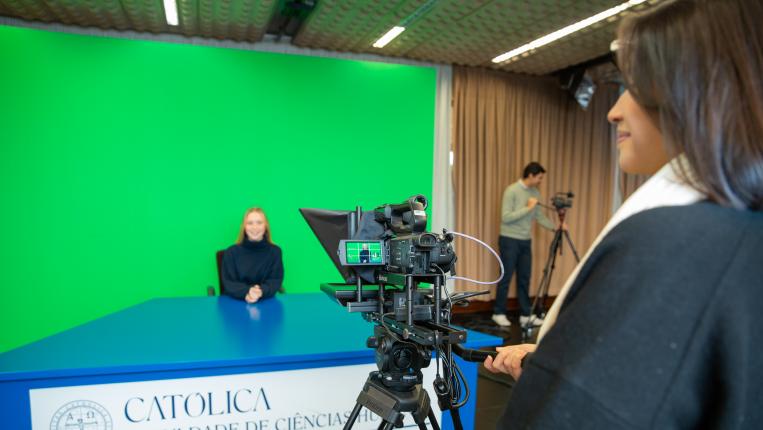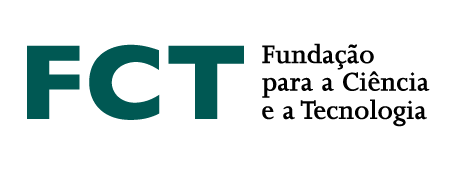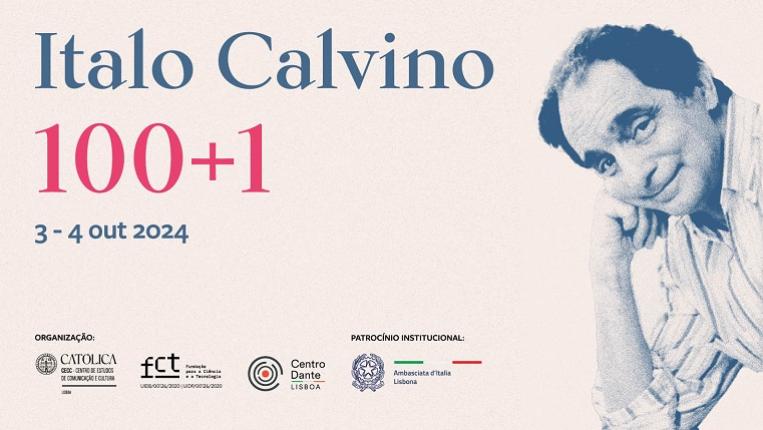1st Public Value Fest 2021
Lisbon, January 24-26, 2021
Deadline for submissions: September 30, 2020
This first Public Value Festival targets high-quality research on topics related with Public Value from different perspectives, including public and private lenses. Academics, PhD students and practitioners are invited to submit papers related to the Festival theme: Connect, Contribute, Celebrate.
We also encourage submissions in the direction of, but not limited to, understand the different connections of Public Value with the fields of communication sciences, psychology, organizational and behavioral studies, among others.
SUBTHEMES
- Public Value and City Management: Living in urban areas is a great achievement of modernity. But how to sustain this model in the light of current economic. ecological, social and cultural challenges?
- Public Value as a principle of resilience in times of crisis and vulnerability: It is assumed that Public Value creation can protect and buffer. How does this work?
- Public Value – Co-creation in ecosystems: Collaboration between business, government and civil society clearly is a promising way to a functioning society. How can public value thinking help to improve it?
- Public Value – Theoretical and empirical perspectives: Public Value research has sparked a lot of research in different disciplines. What are the new ideas or compelling alternative ways to do research on public value?
Note: All abstracts and papers must be submitted in English.
For further information please visit:
X Lisbon Consortium Graduate Conference in Culture Studies: The Face Of(f)
Lisbon, April 2-3, 2020 (Postponed)
Deadline for submissions: January 31, 2020
The X Lisbon Consortium Graduate Conference in Culture Studies will focus on the concept of FACE as an object of artistic, cultural, biological and technological interest. During a two-day Face off in Lisbon participants will be able to confront their ideas about the subject, take part in intellectually challenging discussions and networking with new colleagues.
We want to encourage discussing the face, in the encounter at the X Graduate Conference in Culture Studies taking place on the 2nd and 3rd of April 2020 at Universidade Católica Portuguesa in Lisbon.
This Graduate Conference Face off is organized by two PhD students of the Lisbon Consortium, the doctoral program in Culture Studies at the School of Human Sciences,Universidade Católica Portuguesa. We are welcoming proposals from all research areas to address and discuss the following and related topics:
- Face in the Arts.
- Face in Literature
- Face representation in Media and Communication
- Face as a Metaphor and Metonymy
- Aesthetics and dysmorphia of the Face
- On Masks, Veils and the absence of face – from the Ritual, through Religion to Carnival.
- Face and identity
- Face of the Other
- Face in Performance, Performativity and Identity
- Face of AI and UFO
- Face and IT
- Face and Politics
- Biology and Emotionality of the Face
Proposals should be sent to thefaceoffxgraduateconference@gmail.com and include paper title, abstract in English (max. 250 words), name, email address, institutional affiliation and a brief bio (max. 100 words) mentioning ongoing research.
For further information please visit:
X Lisbon Summer School for the Study of Culture
ECOCULTURE
Lisbon, July 6-11, 2020
Deadline for submissions: February 20, 2020
Recent years have been marked by an alarming escalation of environmental crises, turning climate change, pollution, the depletion of natural resources and mass extinction into some of the most urgent concerns of contemporary society. The X Lisbon Summer School for the Study of Culture, under the topic “Ecoculture”, intends to reflect on the interrelation between culture and the environment, to examine the growing awareness of the negative impact of human activities and to discuss the necessity to rethink, reconceptualize and redefine the relationship between humans and the non-human world.
The Lisbon Summer School invites proposals by doctoral students and post-docs that address, though may not be strictly limited to, the topics below:
- Nature/culture
- Environment in/and the arts
- Representations of environmental crises and catastrophes
- Ecocriticism
- The Anthropocene
- Climate change and global warming
- Pollution, waste and rapidification
- Extinction of species and living systems
- Sustainability and ecocitizenship
- Ecopolitics
- Ecofeminism
- Ecojustice
- Ecotranslation
- Activism, ecotage, ecoterrorism
- Landscapes, environments and ecologies
- Urban ecology
- Cultural ecology and human ecology
- Human, non-human, post-human
- Natural and built environment
- Digital environments
- Scientific knowledge, skepticism and manipulation
For further information please visit:
X Lisbon Summer School for the study of culture
Call for Papers “Crossing Borders with a New Medium: Radio and Imperial Identities” 7-8 May 2020 (Postponed)
Deadline for Submissions: January 20, 2020
The emergence of radio introduced profound changes in public communication, changing patterns of information dissemination at local, national and international levels. While in the early 1920s broadcasting was mostly operated by small stations listened to by a small group of people who owned radio sets, before the end of the decade large stations had already emerged on the scene, aiming to reach nationwide or even international audiences. The audio medium soon became a central instrument in the construction and dissemination of national cultures and shared identities. While this was obviously the case in the interwar dictatorships, in Western democracies broadcasting (first radio and later on television) also took centre stage in the dissemination of popular culture and was seen as a powerful tool of propaganda and of creation of national identities (MacKenzie, 1986; Douglas, 1999; Scannell & Cardiff, 1991; Hilmes, 2008) as well as of imagined communities (Anderson, 1983). In the case of the Imperial nations this role was extended overseas with radio becoming the most important medium for uniting the home countries with those living in the far reaches of the empires, though not unproblematically.
Papers dealing with the following topics will be highly appreciated (non-exhaustive list):
- Radio and national identities;
- Imperial and colonial broadcasting institutions;
- Radio professionals in imperial and colonial broadcasting contexts;
- Programming in international broadcasts;
- Reception of Imperial and colonial broadcasts;
- Technologies used for international broadcasting;
- Radio, ethnicity and race;
- Radio and practices of resistance;
- Broadcasting and colonial subjectivities;
- Radio and colonial independences;
- Radio and decolonization;
- Media entanglements in imperial contexts;
- Intermedial approaches to radio history in colonial contexts;
- Media systems in colonial and decolonial settings;
- Radio and music market in imperial and colonial contexts;
- Challenges of oral history.
- Sources and archives dealing with broadcasting in colonial settings;
For further information please visit: conference broadcasting empire
CfP Revista Estudos de Religião
O Instituto de Estudos de Religião da Universidade Católica Portuguesa está a colaborar, desde 2018, na edição da Revista de Estudos da Religião (PUC-São Paulo).
Nesse âmbito, é com gosto que lhe damos a conhecer a abertura de um dossier temático sobre o tema: O corpo em movimento – espiritualidade e transcendência.
Submissões: até 15 Janeiro de 2020
Alguns tópicos privilegiados:
- O corpo ritualizado
- O gesto cerimonial
- Corpo – imanência e transcendência
- Corpo, risco e transcendência
- Disciplinas do corpo nas tradições religiosas
- Religião, espiritualidade e práticas de intensidade física
- Marcha e peregrinação ✓ Religião, espiritualidade e dança
- Corpo, imaginários e novas espiritualidades
- Interpretações religiosas do desporto e da atividade física
- Heroicidades religiosas e desportivas
- Significação religiosa, espiritual e estética da ação performativa
Para mais informações, por favor visite:





